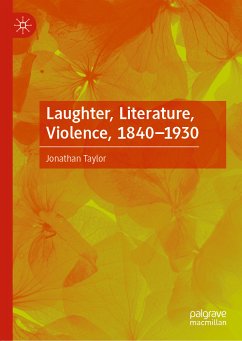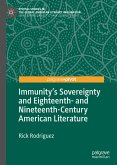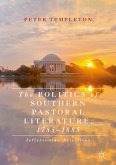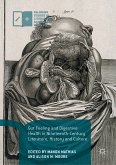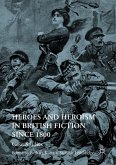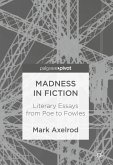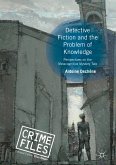Laughter, Literature, Violence, 1840-1930 investigates the strange, complex, even paradoxical relationship between laughter, on the one hand, and violence, war, horror, death, on the other. It does so in relation to philosophy, politics, and key nineteenth- and twentieth-century literary texts, by Edgar Allan Poe, Edmund Gosse, Wyndham Lewis and Katherine Mansfield – texts which explore the far reaches of Schadenfreude, and so-called ‘superiority theories’ of laughter, pushing these theories to breaking point. In these literary texts, the violent superiority often ascribed to laughter is seen as radically unstable, co-existing with its opposite: an anarchic sense of equality. Laughter, humour and comedy are slippery, duplicitous, ambivalent, self-contradictory hybrids, fusing apparently discordant elements. Now and then, though, literary and philosophical texts also dream of a different kind of laughter, one which reaches beyond its alloys –a transcendent, ‘perfect’ laughter which exists only in and for itself.
"In Laughter, Literature, Violence, 1840-1930 we see the convoluted relationship between laughter, violence, war, horror and death. ... This is a text for the academic to help him or her to interrogate and to investigate and a book for the interested party, who enjoys the subject. Both are well served. It is not too academic to put off the casual reader, yet it has enough gravitas to educate and intrigue." (Jon Wilkins, Everybody's Reviewing, Everybody's Reviewing, everybodysreviewing.blogspot.com, March 23, 2019)
